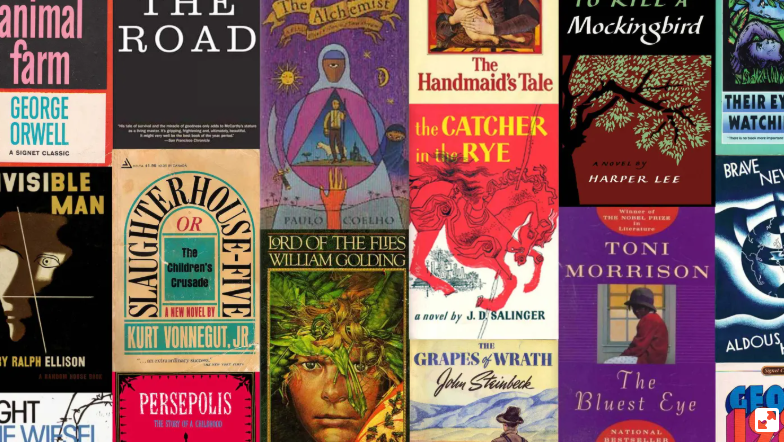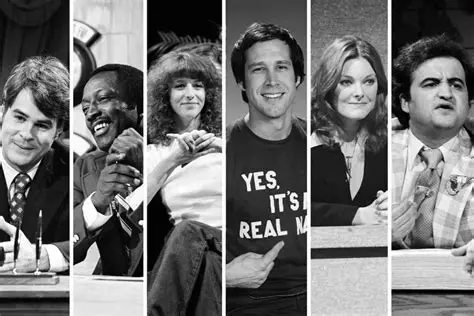In every English class, students are required to read novels to deepen their understanding of literature and appreciate the beauty of writing. There shouldn’t be a problem with this, as students need to reflect upon varying pieces of literature. English has always been my favorite subject because it allows me to express my thoughts in writing. No matter what the topic of discussion may be, English class has always been an outlet for me to talk about things I’m passionate about. The subject itself is great, and most definitely a lost art in today’s world. However, every great thing has flaws.
As a high schooler myself, I’ve noticed how difficult it is for students to really grasp the ideas a story may portray. The statement I made above can be attributed to several factors: decreased reading levels in teens, an emphasis on completion rather than comprehension, and a lack of appreciation for literature are some of the main reasons why this is the case. Now, I’m no educator, but I do believe that there is a root cause and a solution to this issue.
While I can’t remember all of the literature I’ve had to read throughout high school, some of the most notable titles are To Kill a Mockingbird, Of Mice and Men, Romeo and Juliet, and The Great Gatsby. All four of these novels have one thing in common: they’re old. In the world of literature, To Kill a Mockingbird and The Great Gatsby may not seem all that old, but in the mind of a teenager, they’re incredibly old. This statement is not meant to downplay the quality of writing in these novels, but I think it’s an important point to consider.
When writing is older, the task of connecting to the writing becomes more of a struggle. Sometimes, the language can be difficult to understand, especially if the phrases used in the novel aren’t in the vocabulary we are accustomed to in modern day. That can be a barrier for students, but by defining common phrases in that era, it can be fixed. I think the main issue with reading older pieces of literature is attempting to pique the interest of students. While I can’t speak for everyone, I feel connected to pieces of literature that I can relate to in some capacity. It’s harder to find that when the novels we read are 50 or more years old. They are chosen because they have important themes, but aren’t there books that share similar values with a modern twist? For instance, To Kill a Mockingbird by Harper Lee discusses the unjust court system in the 1930s that unfairly persecuted Black Americans. Those same themes of injustice and racial superiority are present in The Hate U Give by Angie Thomas. The difference is that these concepts are shown in a modern setting— one where social media is a focal point and instances of police brutality are plastered on the news.
Teenagers see and hear about these topics through media platforms, so reading a novel like The Hate U Give may be more relatable in terms of setting, whilst getting the main points across. I think it’s important to note that reading literature isn’t always about relatability; no one person is going to find a similar value in every book they read. I’m not saying to completely eradicate reading classic novels. They’re incredibly significant in the world of literature and a great way to reflect on how American novelists’ ideas have developed over the course of the past few centuries. However, I just think curricula should adjust to the times; the approach to reading books has to change if the goal is to get students to appreciate the art of English literature.
To conclude, I think it would be of no help to eliminate classics from the curriculum, but I do think it would be interesting to see how students’ perspectives change if there were a better incorporation of contemporary and modern literature. Reading is and will always be fundamental to the success of society, yet accomplishing the goal of having competent readers comes with innovation.










Brian Donnelly • Oct 10, 2025 at 10:44 am
Great job Safi! Maybe we should publish a list of what our writers are reading right now! Good Article idea for next week.
Safi Barry • Oct 10, 2025 at 12:32 pm
Thank you- that’s definitely a great idea!